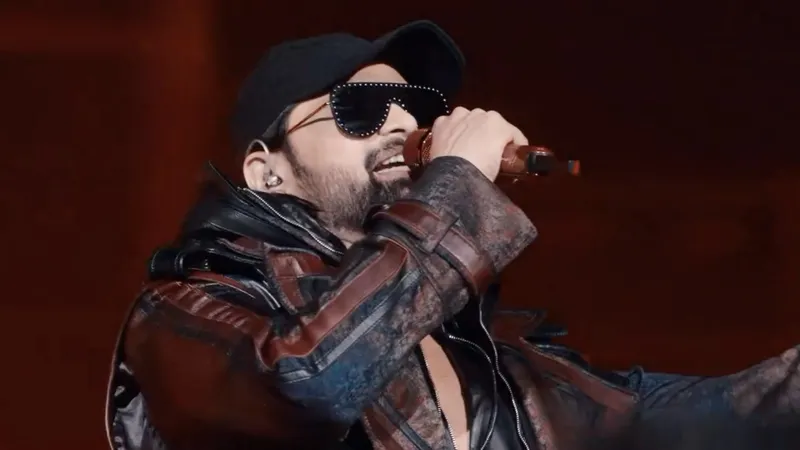Greta Thunberg cleared after unlawful protest arrest
Greta Thunberg and four co-defendants have been found not guilty of breaking the law when they refused to follow police instructions to move on during a climate protest.

District Judge John Law threw out a public order charge due to "no evidence" of any offence being committed adding police attempted to impose "unlawful" conditions.
The 21-year-old was arrested at a climate change demonstration near the InterContinental Hotel in Mayfair on 17 October.
The judge said that the conditions imposed on protesters were "so unclear that it is unlawful".
He added that it meant that "anyone failing to comply were actually committing no offence".
'Civilised'
"It is quite striking to me that there were no witness statements taken from anyone in the hotel, approximately 1,000 people, or from anyone trying to get in," he said.
"There was no evidence of any vehicles being impeded, no evidence of any interference with emergency services, or any risk to life."
He said that the protest was "throughout peaceful, civilised and non-violent" and criticised evidence provided by the prosecution about the location of where the demonstrators should be moved to, saying the only helpful footage he received was "made by an abseiling protester".
'Law unclear'
The court heard that protesters started to gather near the hotel in October last year at around 07:30 and police engaged with them about improving access for members of the public, which the prosecution alleged had been made "impossible".
The judge rejected the submission as "the main entrance was accessible (meaning) that the condition... was unnecessary when the defendants were arrested".
The judge was scathing about the police's decision to impose unlawful restrictions on Greta Thunberg and other climate protesters.
Put simply, he didn't see any need to interfere with the legitimate right of demonstrators to assemble to the extent they did.
The judge noted that the protest was peaceful and civilised. He said officers had ample opportunity to put less restrictive measures in place, such as using barriers to maintain access to the hotel.
He felt the tactics used breached the lawful rights of protesters on 17 October and he said that conditions were so restrictive as to be unlawful.
He was highly critical of communications between Supt Matt Cox and less senior officers.
Ultimately, Judge Law said that as the Section 14 restrictions were unlawful, none of the defendants were guilty of a crime.
Speaking after the hearing, Ms Thunberg's lawyer, Raj Chada, told reporters: "The charges against them were rightly dismissed.
"The conditions imposed on the protest were unclear, uncertain and unlawful.
"They were unlawful because they disproportionately interfered with our client's right to free speech."
He said the government should "stop prosecuting peaceful protestors".
He added "we will look into all options" when asked whether civil action would be taken against those who prosecuted the case.
Who is Greta Thunberg and what has she achieved?
Ms Thunberg appeared at Westminster Magistrates' Court after previously denying breaching the Public Order Act 1986.
She was accused of breaching section 14 of the act by blocking the entrance to the hotel.
Ms Thunberg appeared at court along with two Fossil Free London protesters and two Greenpeace activists, who also pleaded not guilty to the same offence.
Oil executives had been meeting inside for the Energy Intelligence Forum.
-bbc







